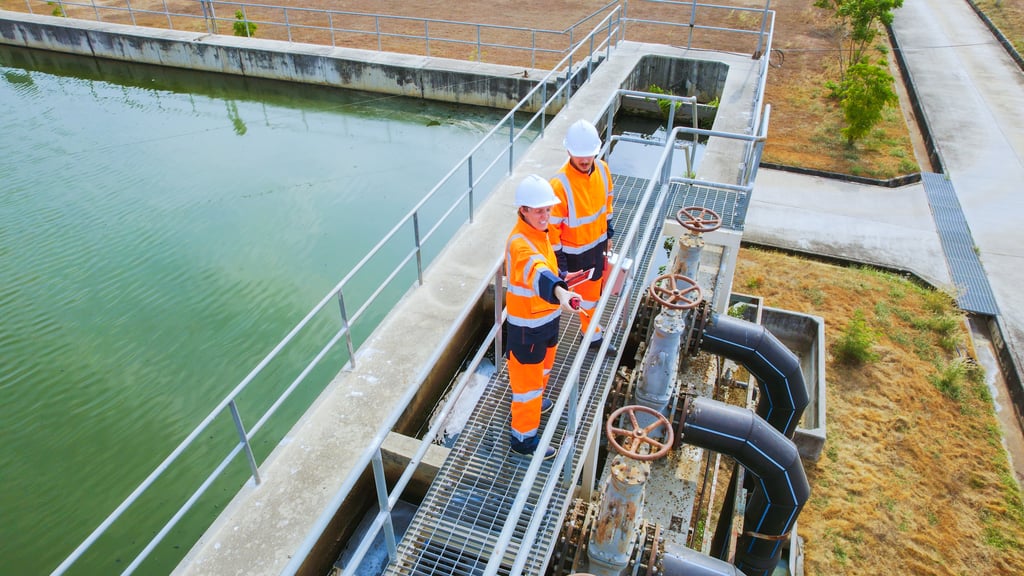Successful organisations know their most valuable asset is their people, and in many industries access to the right talent is a major business risk.
 For this reason, employee engagement, talent management and employer brand initiatives are seen as key. Of course when market conditions are strong, there is corporate appetite for such activities. However, there are times when difficult commercial decisions need to be made, sometimes resulting in reduced training budgets, salary and other staff-related costs - which we can see in today’s low oil price environment. But even as the Energy industry braces itself against turbulence, companies must keep one eye on the future – and if the talent pool has been diminished (in quality, quantity or composition), the business will be less able to leverage the upturn when it arrives. In fact, when we surveyed a number of executives attending Houston’s Offshore Technical Conference in May 2015, we found that skills shortage was seen as the top issue facing the industry today.
For this reason, employee engagement, talent management and employer brand initiatives are seen as key. Of course when market conditions are strong, there is corporate appetite for such activities. However, there are times when difficult commercial decisions need to be made, sometimes resulting in reduced training budgets, salary and other staff-related costs - which we can see in today’s low oil price environment. But even as the Energy industry braces itself against turbulence, companies must keep one eye on the future – and if the talent pool has been diminished (in quality, quantity or composition), the business will be less able to leverage the upturn when it arrives. In fact, when we surveyed a number of executives attending Houston’s Offshore Technical Conference in May 2015, we found that skills shortage was seen as the top issue facing the industry today.
So employee engagement remains vital even as market conditions remain turbulent as higher employee engagement is directly linked to staff retention. Some companies have trialled a number of initiatives to retain valued employees –and their loyalty – throughout lean times, even if formal employment terms are less attractive. In some cases, organisations have adapted the idea of voluntary salary/bonus reductions to include a caveat that pension contributions remain set at the original package value. Reduced working hours have been offered as part of a flexible working scheme. In other organisations, where opportunities for formal training programmes have decreased as a result of cost reduction measures, employees have been offered more options for mentoring, shadowing, career planning and on-job training. This also creates opportunities for the business to consider the longer term best use of the talent available, in the context of future needs, and work with individuals to advance those outcomes.
 Enhanced employee engagement during a downturn results in a strong, experienced bedrock of talent that is mobilised to capitalise on opportunities as soon as the market starts to recover. Furthermore, in-house salaried experts significantly reduce the company’s exposure to the higher rates that contractors can command. There are also softer benefits, such as the impact on the employer brand and the enhanced value (not to mention safety) an engaged employee delivers.
Enhanced employee engagement during a downturn results in a strong, experienced bedrock of talent that is mobilised to capitalise on opportunities as soon as the market starts to recover. Furthermore, in-house salaried experts significantly reduce the company’s exposure to the higher rates that contractors can command. There are also softer benefits, such as the impact on the employer brand and the enhanced value (not to mention safety) an engaged employee delivers.
At an industry level, a focus on retention and engagement could help to minimise the potential for a large number of employees to move away from salaried positions towards contracting – perhaps out of necessity at first (through enforced lay off or redundancy), and then through lifestyle preference. Were this to happen, the industry as a whole would see the wages bill rise significantly. The overhead reductions put in place during the current downturn are the potential seeds of the next wages escalation.
Finally, the industry can attract talent by creating the conditions under which innovative work can thrive. At our recent Global Executive Briefing in Singapore, executives based in the region outlined successful examples of close collaboration between government, academic and business which make synergies more effective and efficient and increase the sector’s appeal to new talent. This demonstrates that cross-industry collaboration can successfully foster a culture of innovation which, for the talented professionals the sector seeks to attract, is a powerful driver in itself.
Vivien started her career as a geologist and subsequently worked as a well engineer, which included working 8 years offshore on oil rigs in the UK and Norwegian North Sea before moving into human resources and becoming recognised for developing successful people development initiatives.
Vivien holds a double chartership status, as a Chartered Engineer Member with the Institute of Materials, Mining, and Metallurgy (CEng, MIMMM) and as a Fellow with the Chartered Institute of Personnel and Development (FCIPD). She was a finalist in the 2014 Outstanding HR Director Awards. Since joining LRQA Senergy in 2011 she has helped the organisation achieve bronze award level Investors in People (IiP). She is currently on secondment to LRQA Senergy’s parent company, LRQA Energy.
Vivien will be chairing the session “Technical Session 09: Developing Talent to Meet Demand II” at Offshore Europe in Aberdeen on 10 September 2015.




